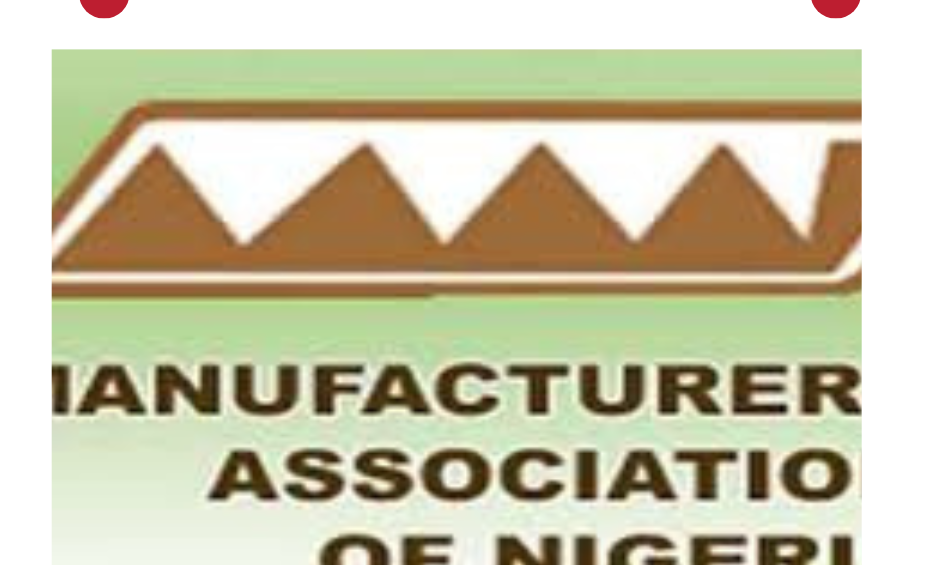The Manufacturers Association of Nigeria (MAN) has flagged high production costs as a serious obstacle to the competitiveness of Nigerian-made goods. Segun Ajayi-Kadir, the Director General of MAN, explained that while Nigerian products are of excellent quality, they struggle to compete with imported goods due to an unfavorable business environment. Speaking, Ajayi-Kadir emphasized that high operational costs continue to impede the success of locally manufactured products in the market.
Ajayi-Kadir shared that export is a promising opportunity for Nigerian manufacturers to boost profitability and strengthen the economy. By exporting, manufacturers not only earn foreign exchange but also secure funds to import essential equipment and materials. However, he explained that exporting is not enough—Nigerian goods must compete with products from other countries in terms of both quality and cost. The high cost of production, he noted, makes it hard for locally manufactured goods to stand out in international markets, despite the advantage of favorable exchange rates.
Manufacturers face additional challenges due to export delays that can impact product quality. Ajayi-Kadir highlighted that goods often approach the end of their shelf life before reaching their export destinations because of prolonged export documentation and inspection processes. These inefficiencies, he said, make it nearly impossible for manufacturers to maintain the quality needed for competitive exports. Ajayi-Kadir stressed that an enabling macroeconomic environment is crucial for the growth and sustainability of the manufacturing sector in Nigeria.
Dispelling the misconception that Nigerian products are inferior, Ajayi-Kadir asserted that regulated local manufacturers uphold high standards comparable to international norms. Nigerian products, he explained, undergo strict quality checks under the Mandatory Conformity Assessment Programme (MANCAP), which ensures they meet established standards. He argued that any perceived inferiority in local goods is likely due to unregulated products entering the market, not the quality of goods produced by MAN members.
Despite these standards, the high cost of production continues to erode the competitiveness of Nigerian products. Ajayi-Kadir pointed out that price has become a decisive factor in the Nigerian market, where consumers often opt for cheaper, imported goods over local alternatives. These imported goods frequently come from low-cost environments or evade taxes, giving them an unfair price advantage over domestically produced items. With Nigerian consumers feeling the pinch of reduced purchasing power, the price differential has a significant impact.
Ajayi-Kadir called on the government to support manufacturers by improving policies that address key cost drivers. He acknowledged efforts such as the Accelerated Stabilization and Advancement Plan and recent tax reforms but argued that more targeted actions are needed. MAN has suggested concessions on import duties and a reduction in power costs to help manufacturers reduce their production expenses. Implementing these measures, he explained, would relieve pressure on local manufacturers and enable them to compete more effectively with foreign imports, ultimately benefiting the Nigerian economy.





